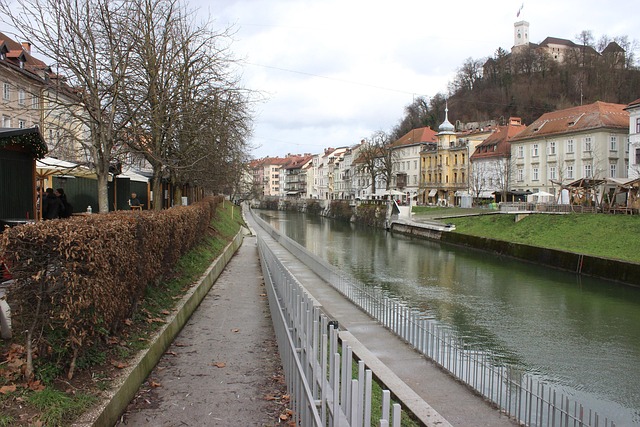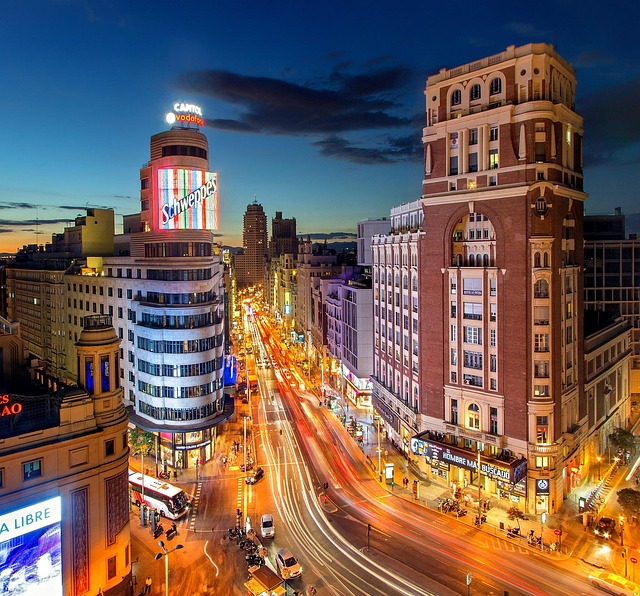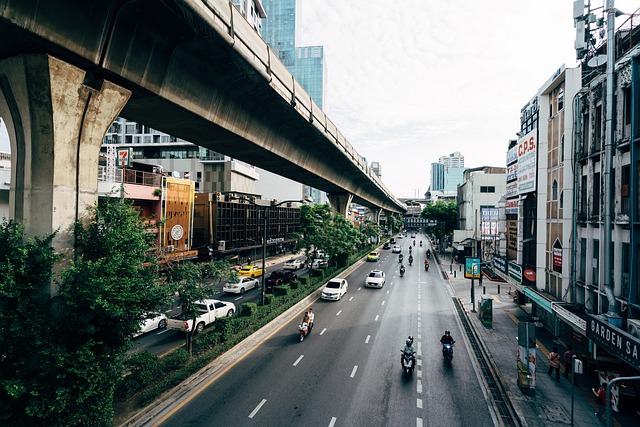Karachi, Pakistan's economic hub, relies on a sophisticated water supply infrastructure managed by KWSB and powered by local aquifers and treated water from WAPDA. Despite its efficiency, the city faces challenges with uneven water distribution due to aging systems and rapid urbanization. To ensure sustainable access for all residents, Karachi should implement smart water management, explore renewable sources like desalination, and invest in regular infrastructure upgrades.
Karachi, Pakistan’s bustling metropolis, faces intricate challenges in ensuring a reliable water supply. This article delves into the intricate water infrastructure of Karachi, focusing on Rashid Minhas Road and its surrounding areas. We explore the diverse water sources that feed this vibrant region and analyze the current distribution network. Furthermore, we discuss pressing challenges, such as water scarcity and aging infrastructure, while highlighting future developments aimed at enhancing water management in this dynamic city, offering a comprehensive overview of Karachi’s water supply landscape.
- Understanding Water Supply Infrastructure in Karachi
- Water Sources and Distribution Along Rashid Minhas Road
- Challenges and Future Developments in Water Management for the Area
Understanding Water Supply Infrastructure in Karachi

Karachi, as Pakistan’s economic hub, boasts an intricate water supply infrastructure that caters to its bustling metropolis. The city’s water system involves a complex network of reservoirs, treatment plants, and distribution channels ensuring a steady flow of clean water to residents. This robust framework is designed to meet the ever-growing demand, especially in areas like Rashid Minhas Road, known for its vibrant commercial activity.
Understanding this infrastructure is key when assessing water supply near such heavily trafficked roads. The Karachi Water and Sewerage Board (KWSB) plays a pivotal role in managing and maintaining these systems. They work tirelessly to ensure the water is safe, reliable, and readily available, addressing challenges like water pressure and distribution uniformity, all while keeping up with the city’s rapid urbanisation.
Water Sources and Distribution Along Rashid Minhas Road

Rashid Minhas Road, a vibrant artery in Karachi, is supported by a robust water supply system that ensures its residents and businesses have access to this vital resource. The primary sources of water for this area include the city’s extensive network of pipes drawing from local aquifers and treated water supplied by the Pakistan Water and Power Development Authority (WAPDA). These underground reservoirs, replenished through natural rainfall and groundwater recharge, play a crucial role in sustaining the region’s water needs.
Water is distributed along Rashid Minhas Road through a well-maintained network of pipes and storage tanks. The process involves treated water being pumped from WAPDA’s treatment plants to distribution centers strategically located throughout the area. From there, it flows through smaller pipes to reach individual homes, businesses, and public spaces. This efficient distribution system not only guarantees a steady supply but also ensures water is delivered safely, meeting Karachi’s high standards for potable water quality.
Challenges and Future Developments in Water Management for the Area

Karachi, with its bustling streets and ever-growing population, faces significant challenges in maintaining a reliable water supply, especially near areas like Rashid Minhas Road. The city’s water management system has been under strain due to rapid urbanisation, industrial development, and changing climatic patterns. One of the primary issues is the uneven distribution of water resources, with certain neighbourhoods experiencing frequent water shortages while others have ample supply. This imbalance is largely due to the outdated infrastructure and inefficient water distribution networks.
Looking ahead, there is a pressing need for future developments in water management to address these challenges. Implementing smart water management systems can help monitor and control water usage, detect leaks, and optimise distribution. Additionally, investing in renewable water sources like desalination plants and rainwater harvesting could ensure a more sustainable supply for Karachi’s growing needs. These measures, combined with regular infrastructure upgrades, will be vital to enhancing the city’s water security and ensuring a consistent flow of this essential resource for all residents near areas like Rashid Minhas Road.
The water supply along Rashid Minhas Road in Karachi is a complex network, reliant on diverse sources to cater to the city’s growing needs. Understanding this infrastructure and addressing current challenges are essential steps towards ensuring a sustainable and reliable water future for the region. By leveraging advanced technologies and implementing efficient management strategies, Karachi can enhance its water distribution system, benefiting residents and fostering the city’s continued growth.





Leave a Reply
You must be logged in to post a comment.